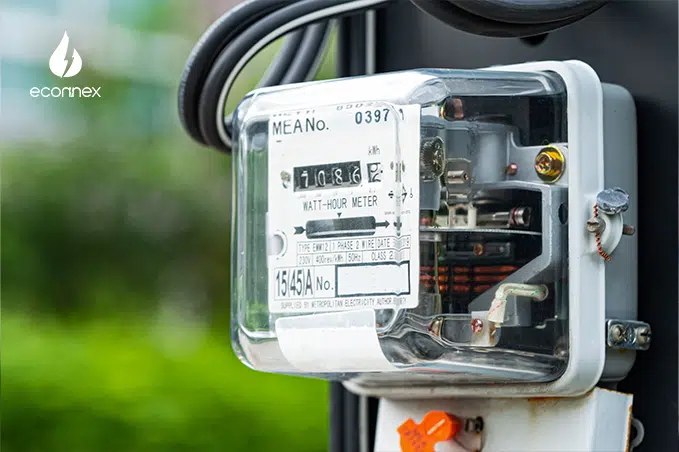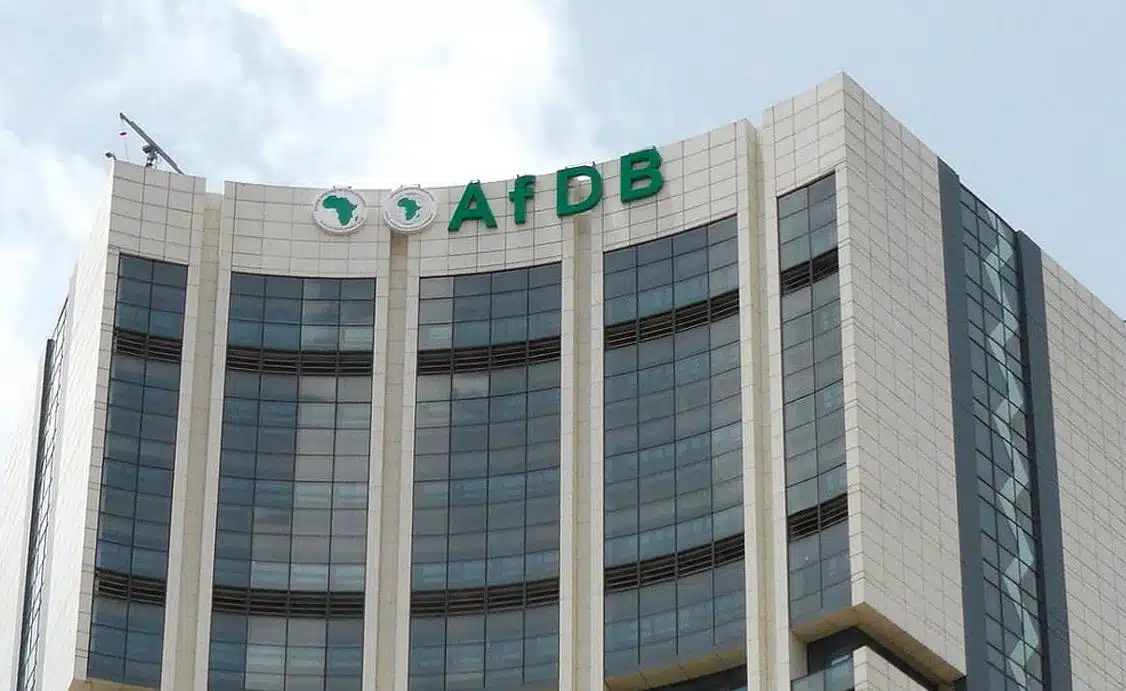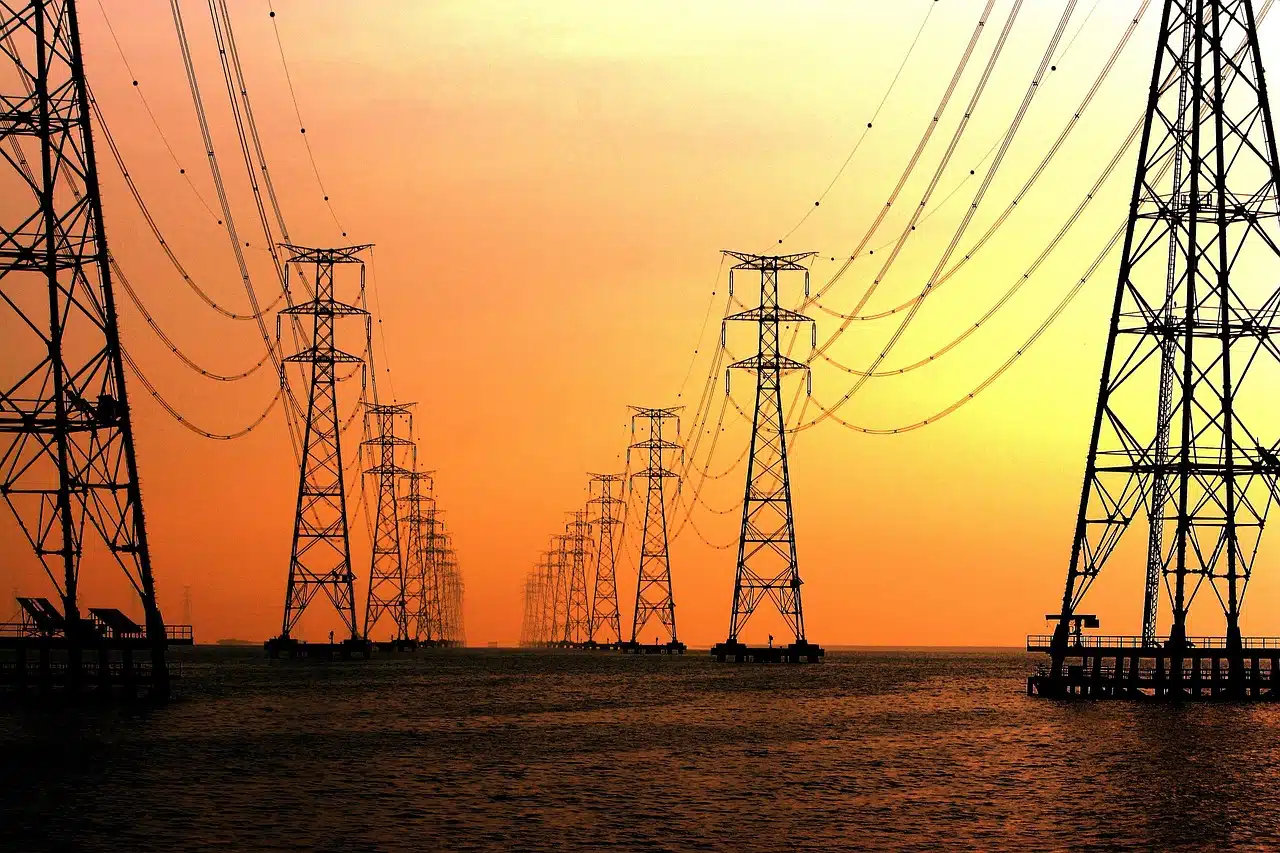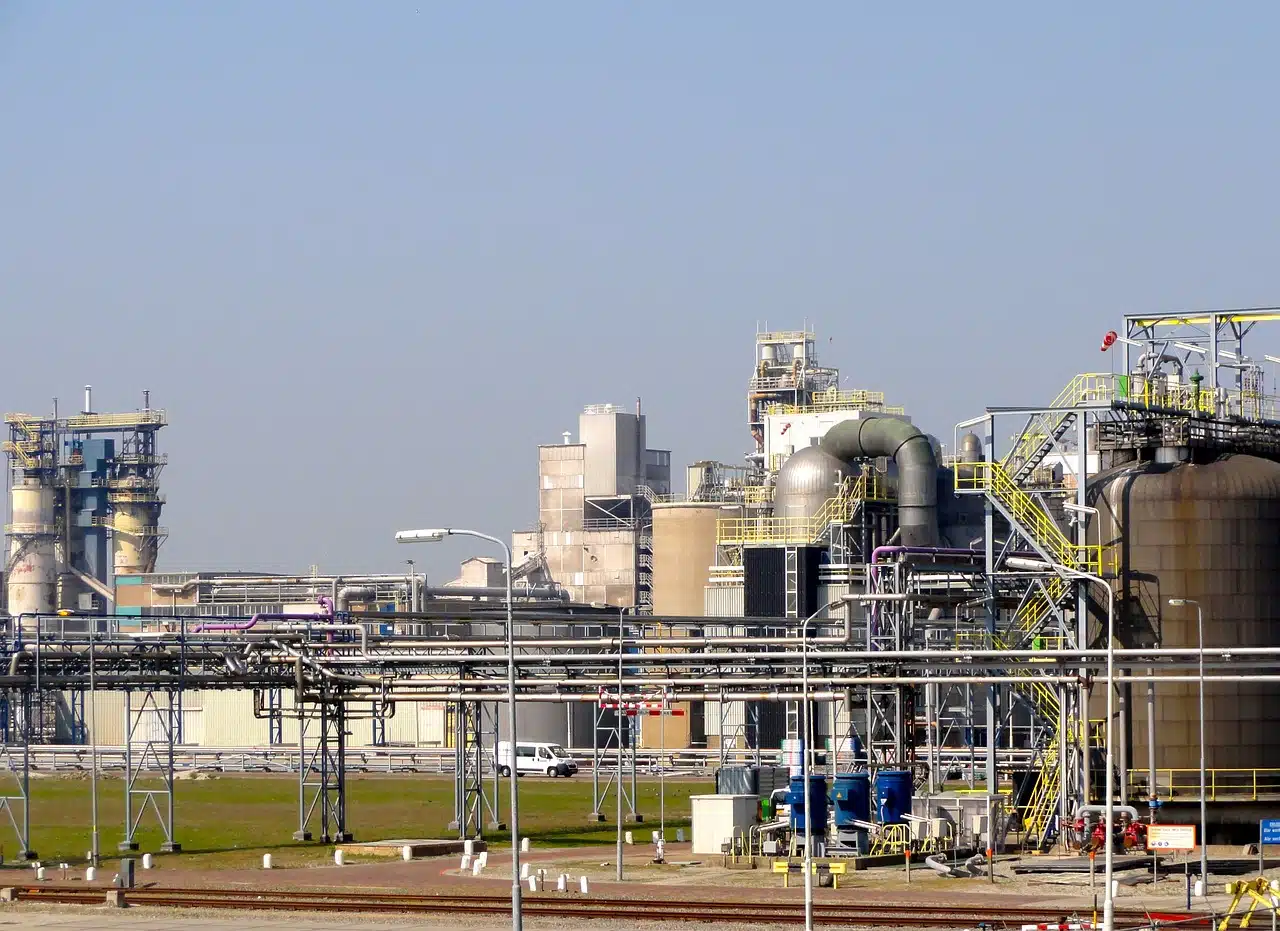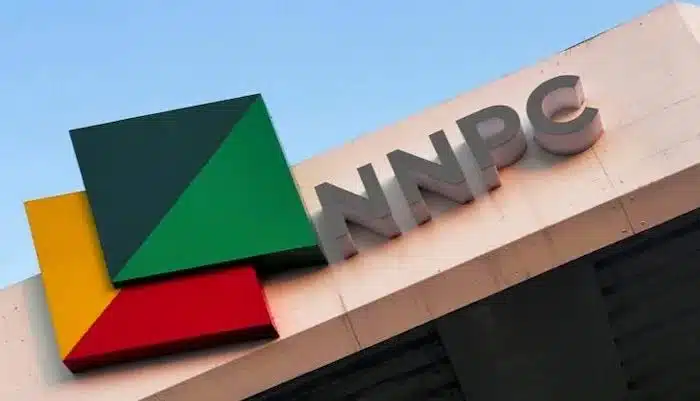The Nigerian Federal Government has announced the rollout of seven million prepaid meters, starting in 2025, in a significant move to improve transparency and fairness in electricity billing.
This was revealed in a press statement by the government on Monday, seen by Energy in Africa.
This initiative aims to eliminate the contentious practice of estimated billing, providing consumers with accurate charges based on actual consumption.
Special Adviser to the President on Energy, Olu Verheijen, emphasized the importance of this development, stating,
“This will finally put an end to the practice of estimated billing, giving consumers confidence in what they are paying for and ensuring transparency in electricity charges.”
The Presidential Metering Initiative (PMI) is at the forefront of this effort, accelerating the distribution of prepaid meters nationwide.
Beyond fostering consumer trust, the initiative is expected to bolster revenue collection within the power sector and attract essential investments to strengthen Nigeria’s power infrastructure.
Currently, the Federal Government spends over N200 billion monthly on electricity subsidies. However, a significant portion of this support inadvertently benefits the wealthiest 25% of Nigerians, rather than the intended low-income households.
The government plans to address this by streamlining the subsidy system to ensure that assistance reaches those who need it most.
Verheijen noted:
“The Federal Government is working towards a targeted subsidy system to ensure that low-income households receive the most support. This approach will make electricity more affordable and accessible for millions of hardworking families.”
In addition to metering and subsidy reforms, the government is tackling the mounting debts owed to power generation companies.
In the first nine months of 2024, the government reportedly allocated around N1.48 trillion for payment of electricity subsidies.
For years, these debts have prevented investments in new infrastructure and hampered efforts to improve electricity supply.
By settling these outstanding obligations, the government aims to enable power companies to reinvest in better service delivery and more stable electricity supply for all Nigerians.
These comprehensive reforms indicate the administration’s commitment to delivering tangible benefits to Nigerian households and businesses.
By prioritizing the needs of vulnerable citizens and ensuring transparency in electricity billing, the government seeks to create a more equitable and efficient power sector.
Also, the government is executing a range of fiscal incentives, including VAT and Customs Duty Waivers to lower the cost of alternative power sources such as Compressed Natural Gas and Liquified Petroleum Gas.
Nigeria was among the 12 African countries that unveiled their National Energy Compacts at the recent “Mission 300” Energy Summit in Tanzania, where the government secured a deal with the International Finance Corporation (IFC) to support the rollout of mini-grid solar energy projects across the country.

